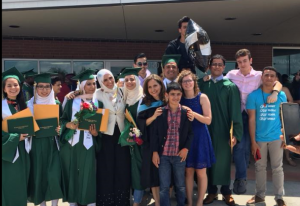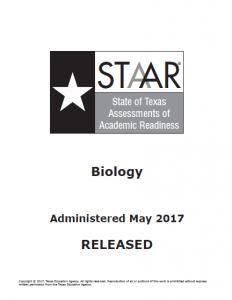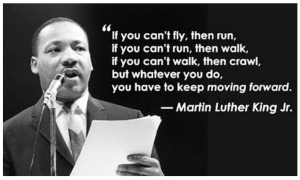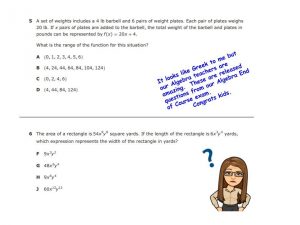“It’s easy to say ‘Don’t give up.’ But you don’t know how the person feels when the failure happens to them.” – Emily Francis
This week is Part II in a series about what we do when our English Learners don’t pass their assessments or graduation requirements. How do we support them to the finish line? You can listen to the show in iTunes, Soundcloud or right here:

You may be interested in listening to Episode 30 which is Part I of this series.
I’m so grateful to Emily for joining me again on this topic. She is highlighted in my Boosting Achievement book for her excellent ESL teaching methods but at that time, I didn’t even know her own story. You can watch a 3 min video about how we met here:
I later read a blog post by Emily where she told her story and I’ve been using that with my classes ever since. It’s like gold! I wrote a blog post about Emily and what is possible for our students who may have missed formal education. I mention just a few of Emily’s many accolades and achievements as that post begins a book study on the topic of students in this demographic. You can read that post here.
Reflections from Episode 31 podcast: One of my biggest take-aways from this recent talk with Emily Francis is that THIS is the moment I decided that explicitly showing students failure stories is key to success of SIFE students and those learners trying to overcome similar language and literacy challenges. I decided here that it may be more important than hearing about people who overcome challenges where we don’t actually hear about their failed attempts. 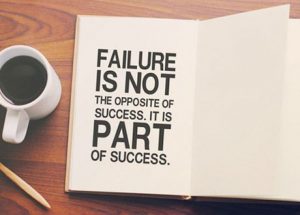 I have come to realize that so many of our newcomers and SIFE will experience failure academically (like I did and like Emily did) in their initial attempts at grade level assessments. We know this to be a fact because they are only just learning the language while learning new content.
I have come to realize that so many of our newcomers and SIFE will experience failure academically (like I did and like Emily did) in their initial attempts at grade level assessments. We know this to be a fact because they are only just learning the language while learning new content.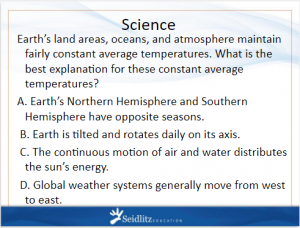
Of course, we have some amazing strategies for providing comprehensible input and fantastic teachers everywhere are offering students ways to show mastery. Also, we absolutely have students who gain enough language and proficiency with accommodations to pass state assessments in their first year. That is always the goal.
But the reality is some of our students come to us struggling with literacy and other issues and they often experience failure in the beginning.
So Emily and I recap our conversation with the students from the last episode. But if you pay attention, you’ll hear that we are really reflecting more on how we model getting up from failure.
We all fail.
None of us seems to want to. And yet, that is where most of the growth in our life might occur.
I mention this video by Derek Rhodenizer and friends. I love what he did for the students at his school in Ottawa, Canada. I was honored to be a part of it.
I think modeling failure for students is probably one of the most important things we can do. For ALL students.
Next episode we will go into more of the actual programs and even literacy techniques we are seeing that are effective. I’ll be talking with Talisa Harris who reached out over email about this issue. We will be talking about what we are doing at each of our schools.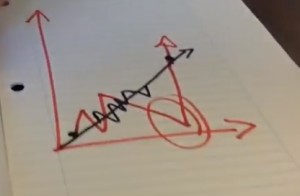
Thanks for listening and join us for bit.ly/VirtuEL this Saturday! Even if you read this after Saturday… it’s all still there! Go check out all the great free PD for teachers of ELs! #VirtuEL18 will be amazing!
Please connect with me on Twitter at @MsSalvaC or at www.Facebook/SalvaBlog.
Hope to see you at #ISTE18, at the Region 10 ESL/BIL conference or for CarolinaTESOL in Greensboro, NC next month.
Stay awesome!
Carol
